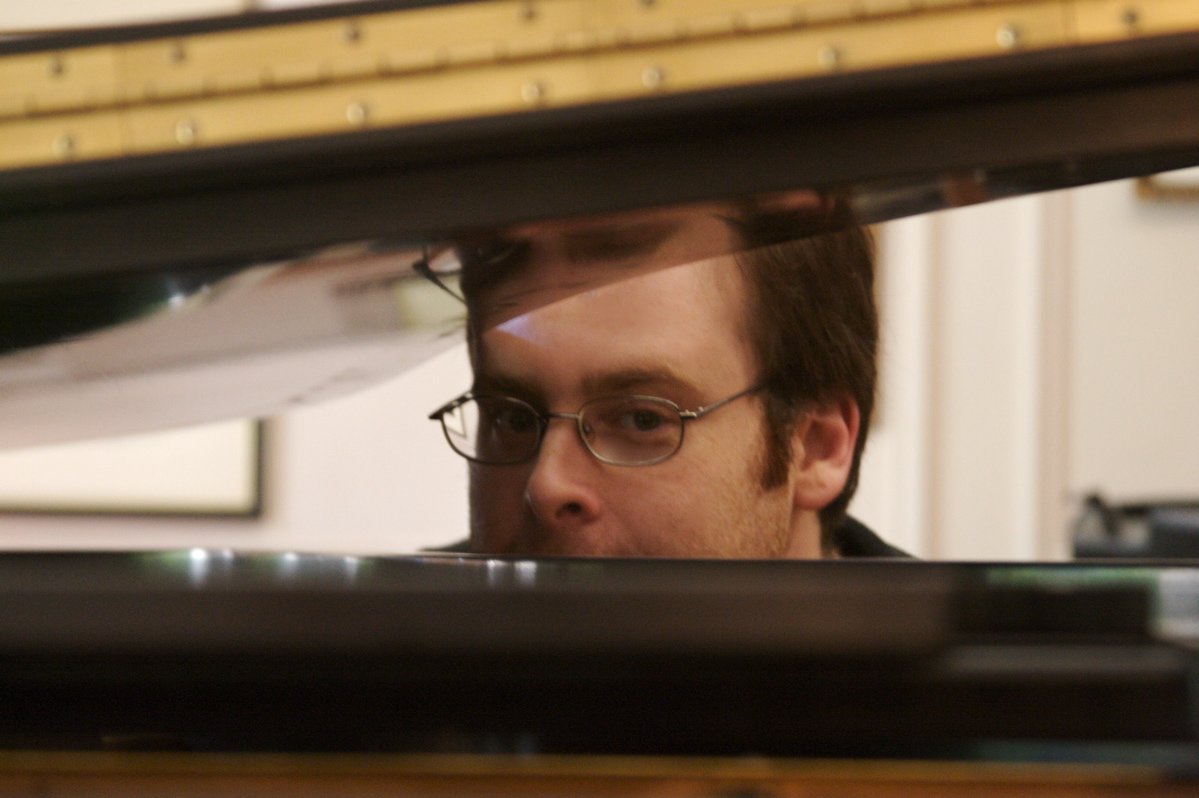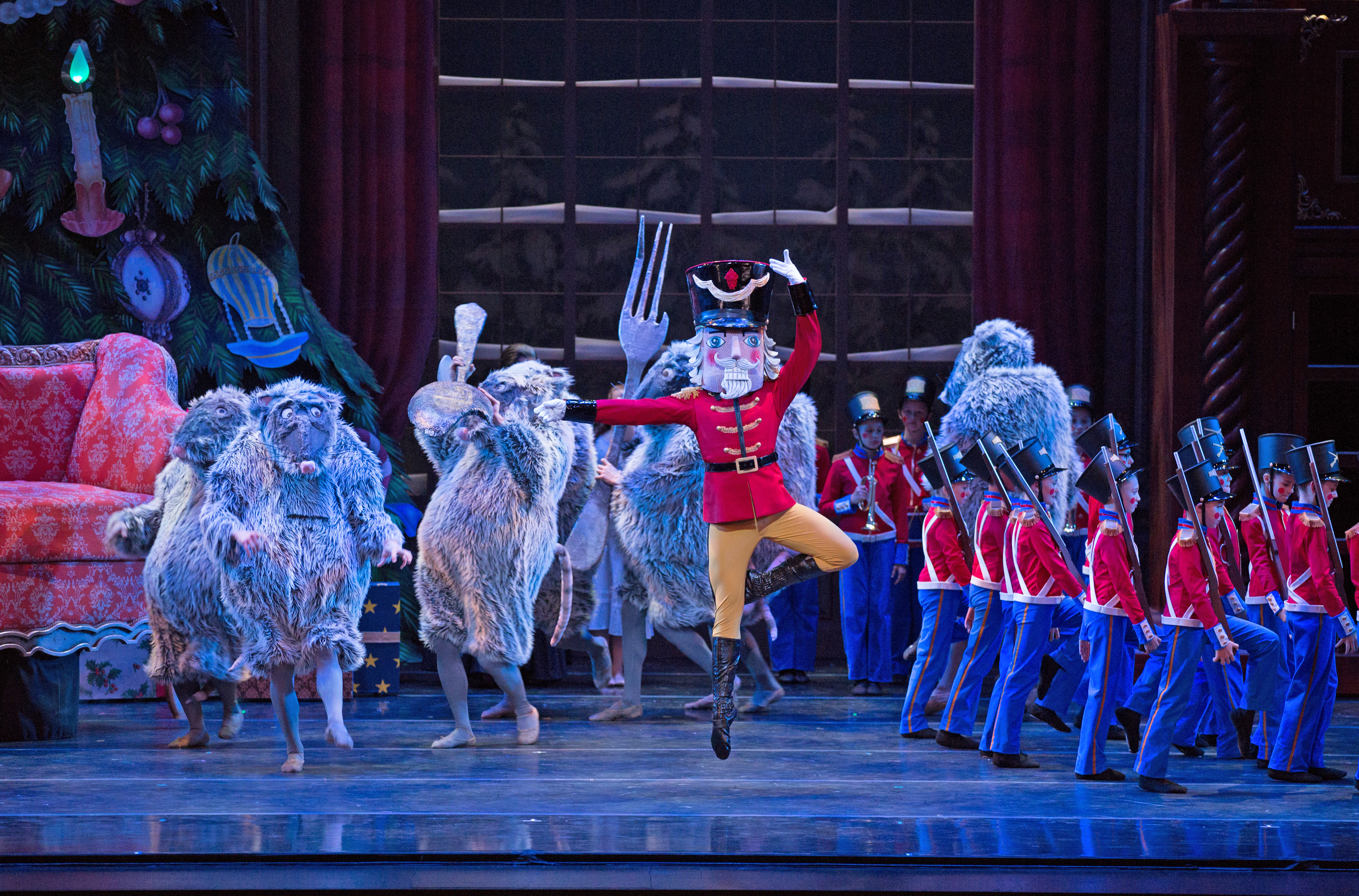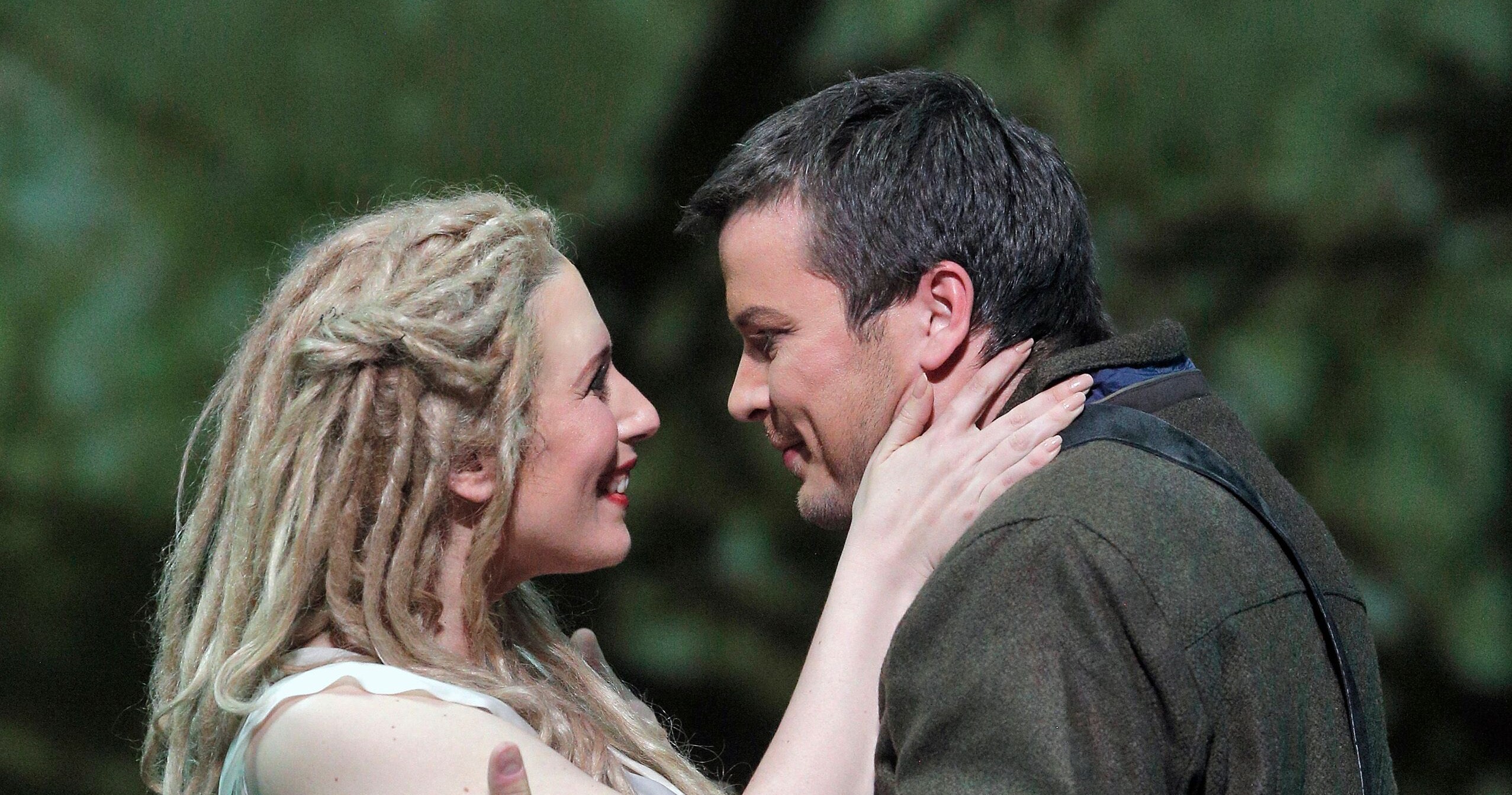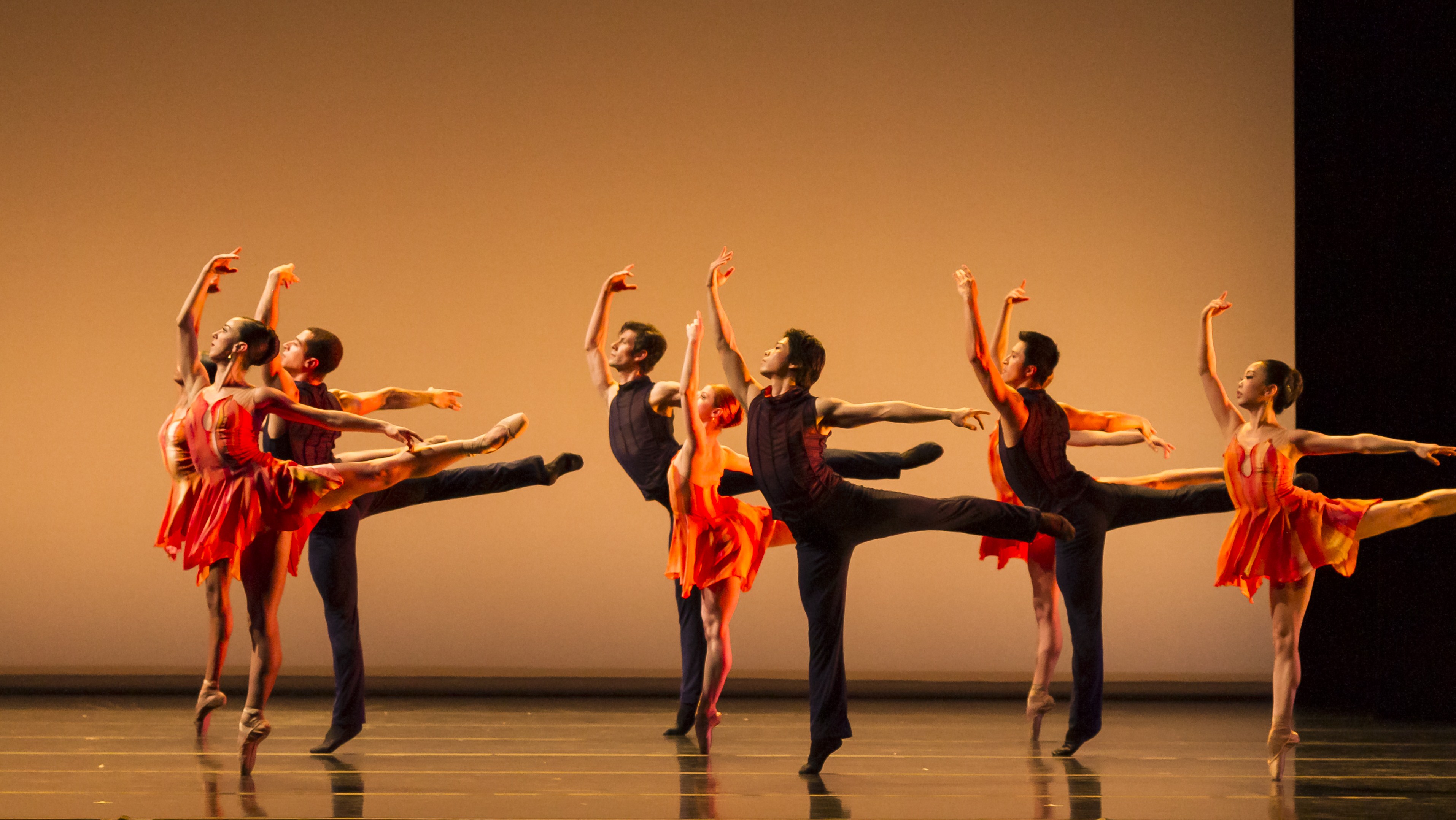IN REVIEW: AX OPENS HARRIMAN SEASON WITH BEETHOVEN AND SCHUBERT
There are good reasons why Emanuel Ax is held in such high esteem in the American classical scene. He has an innate, “natural” musicality that seems to adapt to any period or style, he plays with extreme delicacy but can also tear into a thunderous fortissimo without banging, and he can “sing” you a melody as if it had words to it. (Plus he’s a gregarious guy you would want to invite to dinner some night.) All of these qualities were on display at his recital on September 22nd at the Folly Theater, the opening of the Harriman-Jewell Series’ 48th season and Ax’s 12th appearance on it.The program consisted of two early sonatas of Beethoven and the last one of Schubert, which on paper might have looked short on variety but in reality demonstrated contrasts. Beethoven’s Sonata in A major, Op. 2, No. 2 is not exactly a rarity but it is not heard as often as it should be. It is full of sparkle and wit, some of which alludes to Haydn but for the most part establishes Beethoven’s already distinctive musical voice. Ax underscored the first movement’s contrasts of delicacy and joviality, showing his trademark ability to establish a sense of underlying pulse while never being a slave to the beat. If the development section was not quite note-perfect, I admire Ax’s commitment to taking the stipulated repeats of exposition sections, nuancing them differently the second time. He brought pathos to the slow movement, feathery lightness to the scherzo and Mozartean elegance to the finale.
Quite a different mood is established in the C-minor Sonata, dubbed the “Pathetique” because of its strong emotional content. Though separated by the A-major Sonata by only three years, it shows a completely different side of the composer – already the glowering “genius” with the furrowed brow, to phrase it in terms of the later clichés about his character. Ax made much of the breathless pauses in the introduction, and gave a rhetorical spin to the cross-hands “conversation” between bass and treble. In the slow movement he “sang” to us with a tender sense of restfulness; the finale was playfully rowdy. The “Pathetique” is a piece that every talented middle-school pianist plays, but it was refreshing to hear it performed by someone who can realize the inner recesses we often miss.
Schubert’s mighty B-flat Sonata D. 960, always a formidable journey, formed the second half of the program. Ax played the first movement with a sense of grace that was still attuned to the work’s high drama. His highlighting of the harmonic “surprises” in the slow movement helped you to appreciate the otherworldliness of Schubert’s sound-world during his last years. Still, on this evening the first two movements felt at times a bit “by the book,” and when Ax approached the last two with a bit more individuality they sometimes grew indistinct and even lackadaisical. The encore was a gentle if benign rendering of Schubert’s A-flat Impromptu from D. 935, also a product of the composer’s last years.
To reach Paul Horsley, performing arts editor, send email to phorsley@sbcglobal.net. For more on the Harriman-Jewell Series’ 2012-2013 season, go to hjseries.org.
Features

By Paul Horsley David Ludwig knows better than to attach a “back-story” to a piece irrevocably, although he has openly stated that his new Violin Concerto was inspired by his…

By Paul Horsley Each production of The Nutcracker is to some extent a balancing act between spectacle and dance. At best it seamlessly integrates the colors and stagecraft that keep…

By Paul Horsley The Lyric Opera of Kansas City deserves applause for taking on an opera in Czech for the first time in its history, but the opening performance of…






